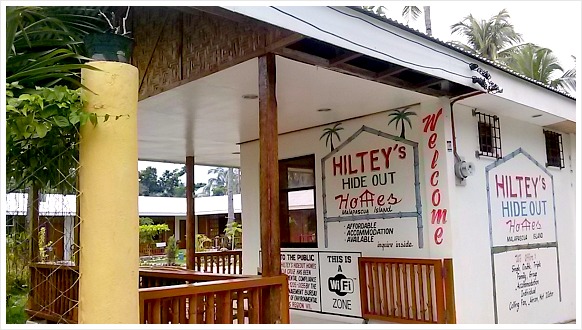"Progressive Cebu Philippines
Environmental Laws & Policies"
Cebu Philippines Environmental Laws
Cebu Philippines Environmental Policy & Code
Environmental
protection, natural resources preservation and the advancement of the
rights of the people is the duty of the State, as declared in the 1987
Philippine Constitution.
However, this duty is not new and has already been codified in two earlier major policies: the Philippine Environmental Policy and the Philippine Environment Code.
The Philippine Environmental Policy has been mandated through Presidential Decree (PD) as a blueprint for environmental protection and right of people to a healthy environment.
The Philippine Environment Code, on the other hand, contains general principles regarding major environmental and natural resource concerns of the country.
Tan (1998), rightly commented that the two documents are very general and broad and contain only “few substantive provisions” but if put together, the “Policy and the Code can best be described as forming the very basic framework laws on the environment in the Philippines” (Tan 1998:5).
Summary of Environmental Laws and Policies
Because the Policy and the Code are so general, other laws have been enacted to tackle particular environmental issues. For example, decrees have been created which established codes and acts. It implies that there is no one “umbrella legislation” comprehensive enough to address the numerous environmental concerns of the country.
Tan (1998) commented that for somebody who wants to fully appreciate the Philippine environmental regulations “one must delve into the whole plethora of laws and regulations which exists in relation to discrete environmental issues” (Tan 1998:5).
At this point, this study found that most environmental laws and policies have been crafted and created at the beginning of President Aquino’s administration. The graph below shows the number of laws and policies enacted beginning in the 1970s up to the present.
Cebu Philippines Environmental Laws from the 1970s to 1980s
Most of the number of laws enacted from 1970s to early 1980s is fewer when compared to the laws enacted in the late 1980s, that is, after the authoritarian regime, until recently. However, fewer numbers of environmental laws enacted during the Marcos era does not mean they are not effective when implemented.
The only problem is that they are limited due to their broad scope, an issue that could be lightened if there was participation from NGOs back then.
The sudden burgeoning of laws in the late 1980s can be attributed to civil society’s freedom to participate in government affairs, especially through various activities that environmental NGOs perform.
Environmental Laws in the 1990s
The increase of environmental laws in the 1990s can be attributed to President Ramos’ efforts to engage actively the civil society organizations by establishing the aforementioned PCSD (Philippine Council for Sustainable Development) and other similar channels for public participation in policymaking.
However, the number of environmental laws and policies dropped beginning in the late 1990s until the present, which can be attributed to the indifferent policies of presidents during those periods (Estrada and Arroyo) towards NGOs who were at first supportive to their respective administrations.
However replete the country is with environmental policies, problems of actually implementing them is undoubtedly the greatest challenge to tackle for both state and civil society. Alan Tan (2003:5), in his preliminary assessment of the Philippine environmental law said that the Philippines...
has arguably the most progressive, albeit piecemeal, environmental legislation in place of any Southeast Asian country. The Philippines has the only specific legislation relating to the prospecting of biological and genetic resources, as well as the most advanced EIA, mining, fisheries, protection of ancestral domain and protected areas legislation in the region. Altogether, these legislation[s] recognise that the central theme of environmental protection in the country is the regulation of land and marine use rights and the reconciliation of these with the principle of sustainable development. The challenge remains, of course, to effectively implement the legislation which exists on paper.
Yes, this is a very inspiring achievement undertaken by our officials and civil society groups. Now, it's our turn, as individuals and as groups to do our part.
Return to Cebu Environmental Laws from Cebu Philippines Environmental Laws
Return to Bluewaters Home from Cebu Philippines Environmental Laws
Book Your Activity Here...
Please Like, Share...
Leave Messages...
|
|
Book & confirm your hotel room quickly and safely with Agoda Company. Agoda uses a state-of-the-art technology when processing your transaction online. Traveling Cebu is Agoda's official partner for eight years now. Find now your hotel here or below.



